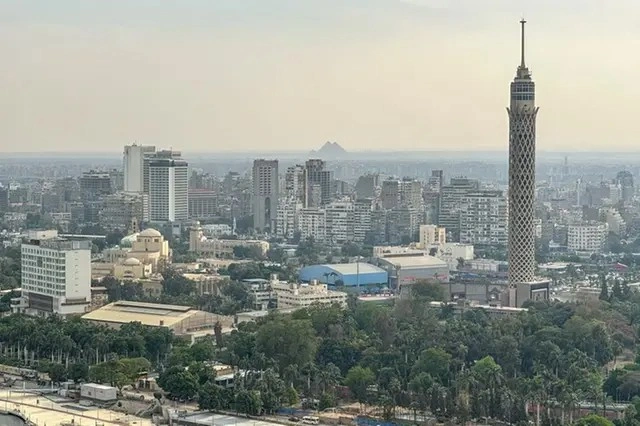COLOMBO – Sri Lanka has completed the procurement process for the new Lanka Government Cloud (LGC 2.5), a key milestone in the nation’s digital transformation and infrastructure modernization efforts, according to Dr. Hans Wijayasuriya, Advisor to the President on Digital Economy.
Dr. Wijayasuriya confirmed that LGC 2.5 is now ready to host workload transfers from the existing system, marking a major step toward enhancing government digital services.
“LGC 2.5 provides a fully resilient and technologically advanced infrastructure with increased capacity and hence represents a major upgrade with respect to cloud capability,” he said.
The upgraded platform will form the foundation for Sri Lanka’s hybrid multi-cloud architecture, integrating resident, sovereign, and public cloud offerings. It will also include specialized infrastructure to support AI computing workloads, enabling more efficient and secure handling of emerging technologies within public sector systems.
Dr. Wijayasuriya noted that the multi-cloud strategy aims to attract local and international hyper-scale cloud and data center operators to participate in building the nation’s next-generation digital ecosystem. A formal process inviting expressions of interest will be launched later this year, leading to further procurement and contracting phases.
“We are also preparing to launch a second cloud platform under the multi-cloud strategy, ensuring data replication, availability, and security at the highest standards,” he added.
The Information and Communication Technology Agency (ICTA) manages the Lanka Government Cloud, which serves as the central infrastructure supporting Sri Lanka’s e-government services.
Initially launched as LGC 1.0 to power the Lanka Gate e-government platform, the system was later upgraded but faced scalability limits that restricted its ability to meet expanding government and citizen service needs. The new LGC 2.5 overcomes these constraints, providing the flexibility and capacity required for the country’s evolving digital public infrastructure.
This advancement comes as Sri Lanka works toward implementing a national digital ID system, where data sovereignty, privacy, and security of biometric information are central to maintaining public trust in the government’s digital strategy.















